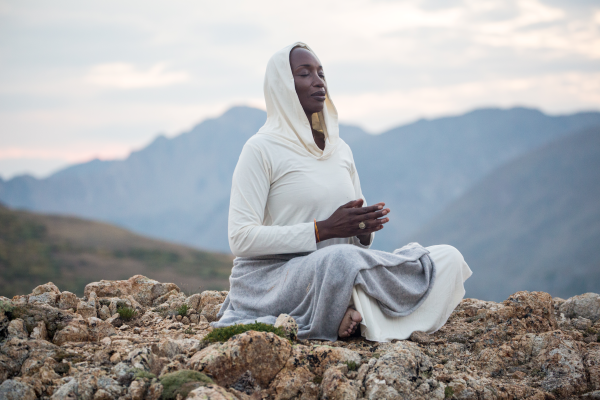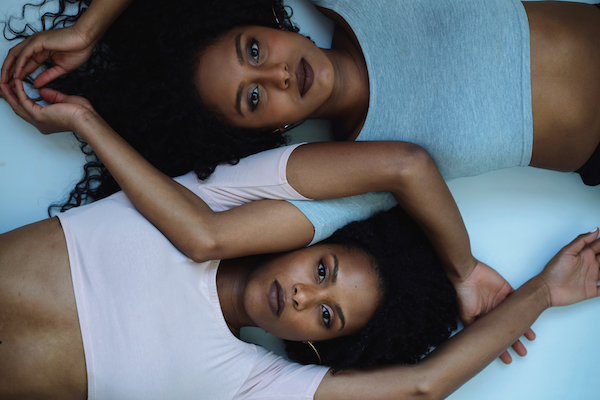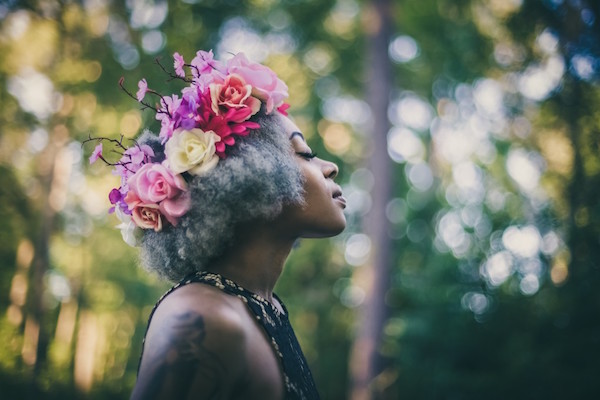Death Doula Alua Arthur on How Death Taught Her How to Live
In this candid interview, death doula Alua Arthur shares her unique perspective as an end of life planner, offering thoughtful insights into the practice of end of life planning.
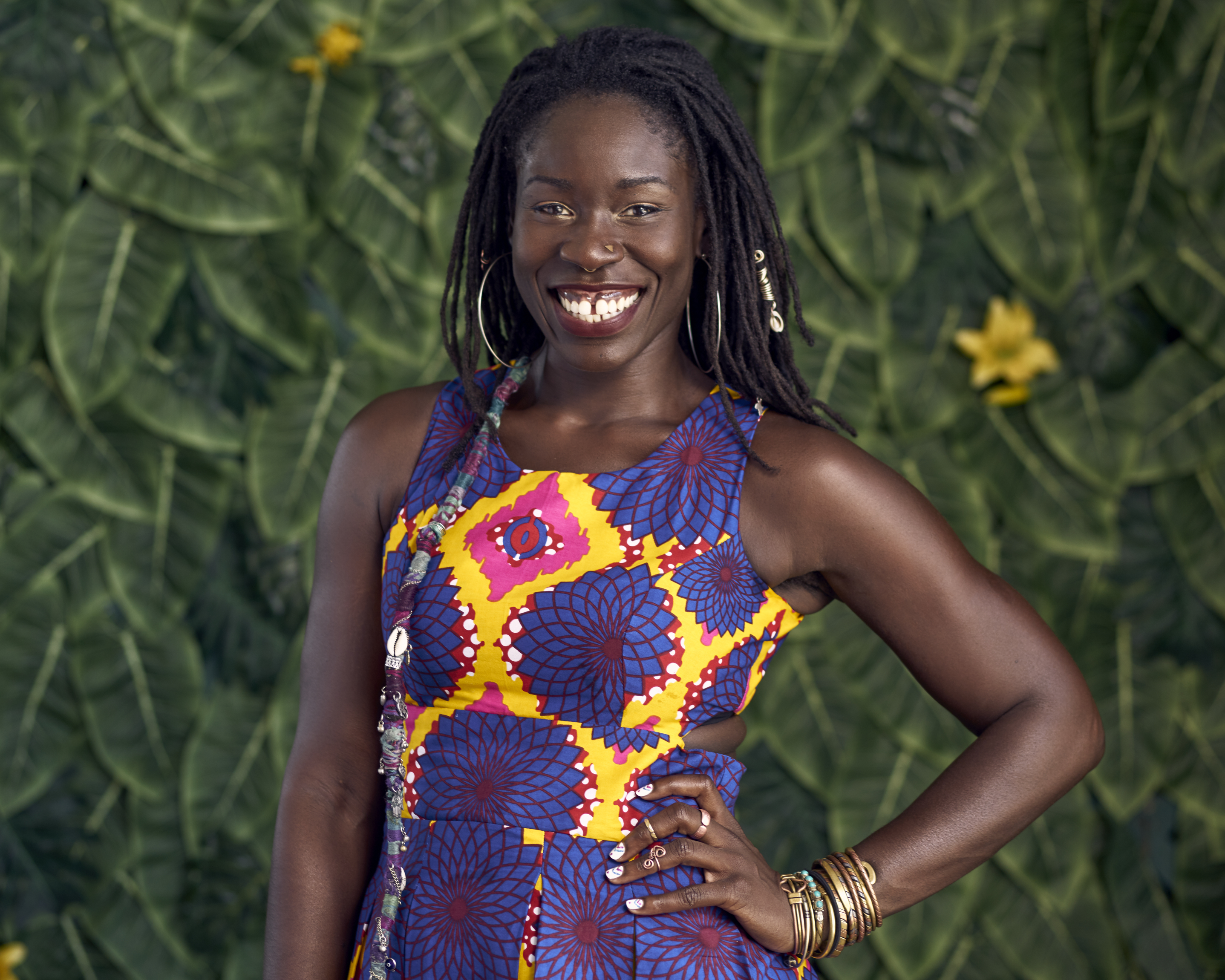
Death doula Alua Arthur, a dedicated end of life planner, transforms how we approach our final chapter by fostering open dialogue about our mortality. Her candid insights reveal the essential role of end of life planning in ensuring a peaceful transition when the time comes.
The thought of death, the great unknown, evokes a variety of emotions, from fear to awe. When you sit down to discuss the topic with end of life planner Alua Arthur, you’re bound to experience the full range. Self-described death doula, Arthur is there during an individual or family’s most intimate and painful moments, easing the transition from this life to the great beyond.
Sounds gloomy, right? You wouldn’t guess that from the energy that emanates from Arthur as she discusses the beautiful and complex business of concluding a life. Radiant Health sat down with Arthur to discuss what drew her to death work, and how dealing with death every day on the job has transformed how she lives.
You’ve assumed the title of death doula. What does that role mean to you?
It means helping people through the process of death: preparing to die, no matter what that looks like, because for everyone it looks very different. Primarily, my work is in three areas: when people are healthy, I help them start to think about what the end of their lives might look like and help them create a plan for doing so; when someone is looking at the end of their lives, meaning there’s a terminal illness or they’re getting very elderly, I help them develop a plan about what would be a peaceful dying for them; after a death, I help families wrap up the affairs of a life.
What led you to this path?
I met a woman on a bus in Cuba who had uterine cancer, and while discussing her disease and the fact that one day she’s going to die, I started thinking about mortality, not just hers but also mine. She was a couple years older than me at the time, but our interaction made me think about how everyone is going to die, and I wondered why we aren’t talking about it. What was it going to take to get us ready to die? It suddenly became really clear that my life’s work was going to be preparing people to die. I had practiced law for about 10 years at that point, in legal aid, but it wasn’t quite hitting it for me. There were things I still hadn’t done in my life.
In what sense?
I’m currently doing work that fulfills my spirit. There was opportunity when I was working [as a lawyer], but I didn’t feel as full. There were still parts of me not being used, and I feel death work uses all the parts of me. It’s also hard to say, because by the time I finished practicing law I was in a very deep depression and I came out of it through finding this work. I was on a medical leave of absence for mental health when I went to Cuba, and I think that’s an important thing for me to say, because it’s such a hard thing, especially for our community, to talk about mental health. And so, I can’t quite tell if it was just depression, or suddenly being full of purpose. I really think one had a lot to do with another. Working with death brought me back to life.
Are there any concepts you take from your work into everyday life? How does this role shape how you approach everyday life?
Everything. Everything. I don’t think there’s any way to confront death daily that doesn’t affect your life and how you’re living because that’s kind of the point, the way I see it. The benefit of those of us who are still living to look at death is that it puts a really sharp focus on how we live. I use it to help me make decisions. Not only if I were to die today what would I rather have done, but also things like what is the most authentic expression, because I don’t want to have any regrets by the time I reach the end of my life. Sometimes I think: “What would my deathbed self think about this decision I’m making right now? Would it matter at all?” If not, it doesn’t really matter which way I go. When I think of that daily, it does help me think about what my priorities are. Knowing where my focus is helps me reassess and realign.
Do you see a huge difference in your life perspective before when you were a lawyer compared to now that you’re a death doula?
Yes. I don’t think it’s possible to work in death and not take some of it away. I’m choosing to use death to influence how I live and that’s something I believe firmly in and something I encourage people to do: to use death as a means understand and appreciate living, and life.
What do you see as the relationship between care and death? What is your role in this relationship?
I think people already know how to die, because they’ve been doing it since time in memoriam. Kind of like birth. It’s going to happen with or without intervention. But the way society is now, I think it takes a little more support to ease the transition. Because we have technology, we have advanced medicine, we have complex lives and systems. It’s useful to have somebody who has a holistic view of the whole process to support the family through. I’m not doing anything medical; just doing emotional, practical, holistic, spiritual support for the dying person and their family.
Do you think it’s harder to die now than it was before? More complicated?
It’s more complicated now. We have a lot more stuff. Also, people are not dying in the homes anymore. In time in memoriam, the generations used to stay in the home. In Ghana, at least when I was growing up, my parents used to tell me I’m not moving out until I get married. And then I’d go to my husband’s house. Which would mean that if we were sons, our wives would come into the house, we’d continue to live with my parents until they got elderly and died, and we’d take care of them. Our children would be there and see the whole thing happen.
That’s not how it is anymore. We move out of homes, we push our elderly into nursing facilities, so we’re not in relationship with death like we used to be. And because of that, I think the process needs a lot more support. Most people have not seen someone die. Yet it would be absurd at my age to have never seen that in the olden days. Not only because of disease but also because of society, the way that it was. It’s different now.
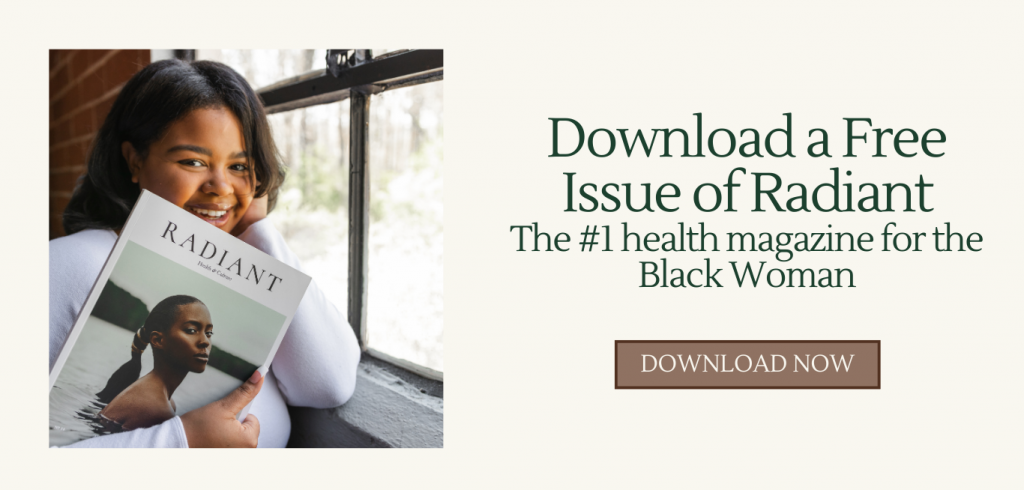
Let’s dig in to your work. Could you describe the services you provide?
When it comes to end of life planning when someone is still healthy, I can do a range of things. We start talking about medical decision making, desires for life support, how you want your body treated after your death, and how you want to be treated while you’re still alive.
We also talk about possessions, including some of the things that aren’t expensive enough to go into a will, but that somebody is going to care about. These are the sort of things that cause family disputes. We talk about dependents and pet care, your children, important information and documents, and all of your accounts and finances, so it’ll be super clear what to do when you’re no longer living.
Then we go into a brief life review, discussing what your life has meant. I mostly do these sessions when people are healthy, but I also provide support when people are coming near the end of their life. More often than not, when someone’s getting close to death we talk about what a peaceful dying would look like for them. Some people have some very specific concerns so I work with them to address those.
What are some ways you get families or individuals comfortable enough to share this time with you?
I don’t have to do much. I think people are just so desperate to have somebody there. There was one woman who was the spouse of a guy who was my client. I’d been there talking to him for a while and she pulled me aside and started talking to me about their sex life, and the fact that they hadn’t had one for the past nine months. She was elderly, probably in her mid-70s, and felt comfortable enough to talk to me about the fact that they weren’t having sex anymore.
The thing about grief and dying is that it ends up stripping parts of ourselves away. We lay very bare in the face of this tremendous mystery. And because of that, people are far more comfortable being open with a stranger, sharing parts of themselves that they wouldn’t otherwise.
What are some of the challenges you face when helping an individual or family come to terms with approaching death?
The fact that it sucks. It’s painful and it’s difficult. And I think because of the way I approach it a lot of people think that I believe it’s all glitter and rainbows. I still think it sucks. I think that there are ways that we can make it a little bit less sucky, but I still think it sucks. It’s a big fat mystery, the huge unknown that none of us really understand. Yet, we must confront it and we have a choice in how we do it.
What are some of the high points of your work?
When somebody does die and the family feels like the person did it on their own terms, and they’re able to connect with the beauty, get to spend that last little bit of time with them, or leave feeling more whole as a result. Or when people feel in awe of the mystery that is life. When standing at the threshold of this big fat unknown, it’s challenging to not appreciate the gift of life consistently. So sometimes when people are there when someone takes their last breath, they leave in awe. There’s sadness but there’s also, “Wow, what a ridiculous, crazy thing that just happened.” That’s a high.
What are some instances where death has made you uncomfortable?
That I have no idea what happens when we leave here! That I don’t know what the point of all this is. That makes me uncomfortable. When I think about my own death, considering that it may come when I’m not ready. I still have a lot of work that I want to do around preparing people to die.
I do have concerns that I’m going to die before I see that through. I don’t even know what seeing that through looks like. I’m not going to be able to talk to all 7.4 billion of us, to make sure we all are aware we’re going to die, but I would like to spread this message as far as I feel possible for my lifetime. If I die beforehand, I’ll be sad. But I will also know I’m complete because it’s my time to die.
Talking about death can be hard across families and cultures. Why do you think that is, and what steps can we take to become more comfortable with the topic?
I think the only way to get more comfortable with the concept is to keep talking about it. It’s going happen. It’s a fact. I think sometimes people die and maybe there is some conversation about it within the family, but then it starts to go away after a while. These are very useful opportunities to talk about what we think or what we believe, but the impulse is to sweep death under the rug and just focus on getting over the grief. There’s no getting over grief. Grief isn’t something you can heal from. But we can keep talking about it, and it’s going to make it easier.
Related Articles
Are there any actionable steps we can take now towards achieving a “good death?”
I think oftentimes when people talk about the good death they’re talking about my friend calls the “spa death,” at home with candles everywhere and you turn off all the machines. I think primarily that the good death implies that there’s a bad death. And it makes me sad to think about people thinking their mom did not have a good death. Good or bad, it happened. There are ways that we can make it easier, but good is a value judgment that I would prefer not to place on something like death.
Also, I think “good” is problematic. My issue with the concept of a good death is that it’s also a question of privilege. Because a lot of communities aren’t afforded “good” deaths. People that are experiencing good deaths, and the people we are talking about when we mention good deaths, are by and large wealthy white people.
I’m on an upcoming panel at a conference focused on race and the woman, about how race and class and gender all fit into how we die in this country. High rates of maternal death for women of color, Black Lives Matter, high rates of poor health and obesity and heart disease, the list goes on. The idea of that spa death is not something that speaks to us. I don’t think it’s for us.
However, [what we can do is] talk about our wishes for the end of our lives, wrap up our personal and practical affairs, as tidy as possible, and stay clear in our relationships, making sure we’re comfortable with our relationships with people the way that they are.
I also think the medical system can support people in having better deaths. We can stop trying so hard to be heroic in saving lives. There’s no saving life, only prolonging it artificially or otherwise. But at some point, we’ve got to stop, and I think the sooner that the medical system can make it ok to die, the better deaths we will all experience.
You mentioned before that you have a big project coming up.
I’m creating a training program, to train death doulas and end of life planners. I got trained at this place called Sacred Crossing in Los Angeles, California, but my work today looks nothing at all like my training.
My work now encompasses full scale end of life planning, which I began doing as a response to the needs that I saw from people wanting to get their affairs in order for the end of their life. I got a lot of requests after somebody had died, on practical things such as how to transfer vehicle titles, etc. So, I started to figure out how best to get people there and also how to document these kinds of things beforehand, which is much easier.
So that’s what I’ll be teaching people through my training program. I have the courses up now saying coming soon, around October 15. I’m also creating an online program so that people can do their own end of life planning online, so they don’t have to book a consultation. These are two major things happening right now, while keeping up with my work and speaking engagements, to get to my vision of getting as many people talking about death as possible.
Alua Arthur is the Founder of Going with Grace, an end of life planning organization that exists to support people as they answer the question ‘What must I do to be at peace with myself so that I may live presently and die peacefully?’ From private end of life consultations and public education about death to online programs to train death doulas, she is tirelessly committed to bringing awareness to death and dying which she believes can inspire the way people live. Learn more about Arthur’s work at www.goingwithgrace.com.

